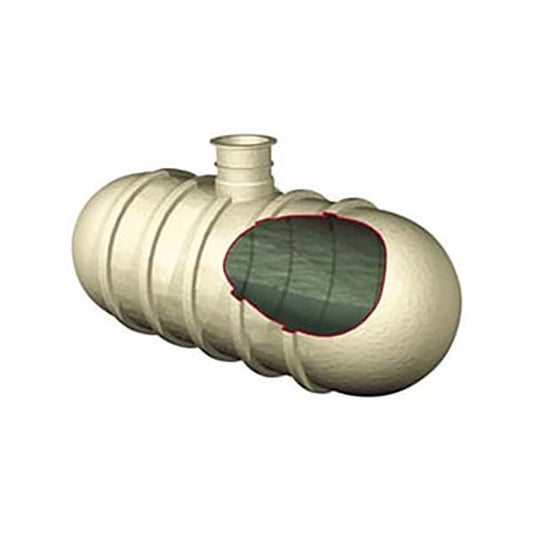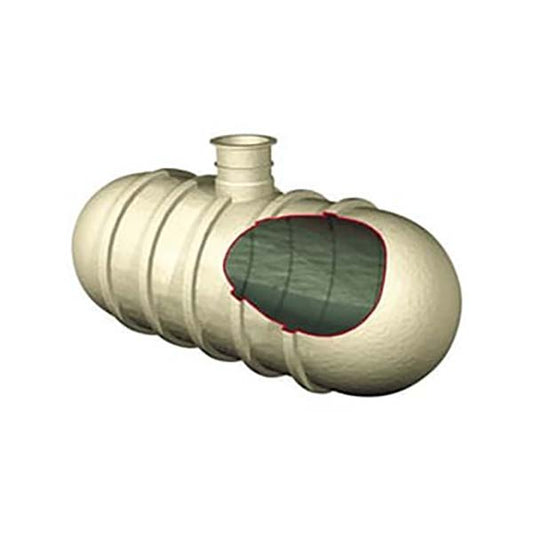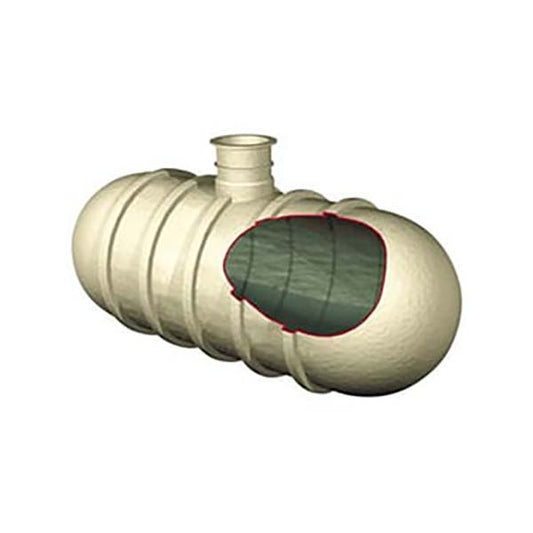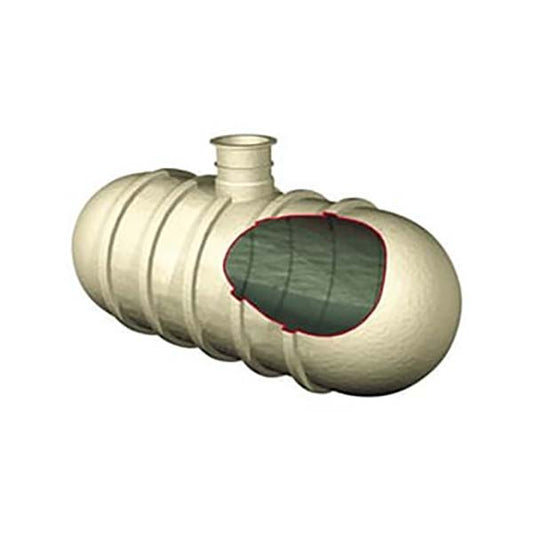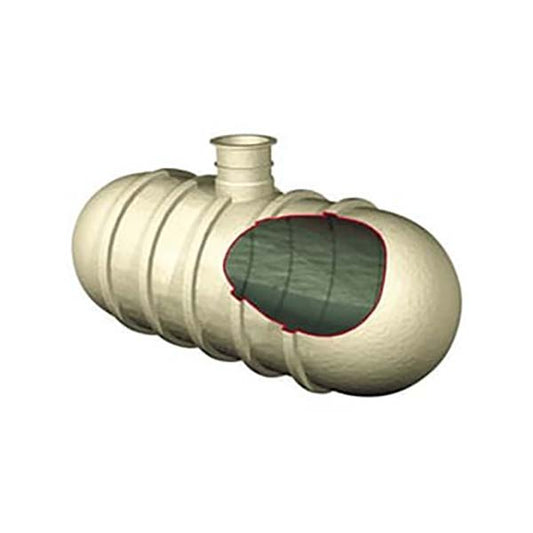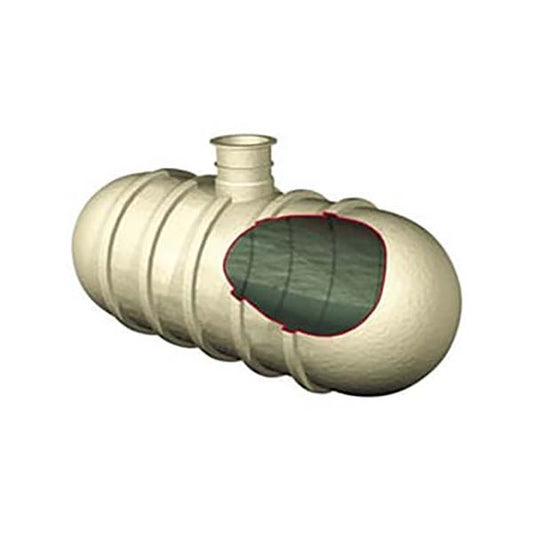The drier summer months are the perfect opportunity to harvest and store silage, but failing to store it correctly could lead to various risks and negative consequences for farmers and their livestock. Some of the risks in the UK include:
- Environmental Fines
Inadequate silage storage can lead to nutrient runoff and leaching which can lead to environmental pollution meaning penalties for farmers.
- Loss of Nutritional Value
When silage is not stored properly it can lead to nutrient losses which means lower feed quality. This in turn can result in reduced livestock performance, including decreased milk production and weight gain in cattle.
- Spoilage
When silage is exposed to air it can spoil leading to growth of microorganisms such as molds and yeasts which can harm livestock if consumed.
- Mycotoxin Formation
Mold growth in spoiled silage can lead to the production of mycotoxins which can be very toxic for livestock. The consumption of this can lead to various health problems, including digestive issues, immune suppression and reduced fertility.
- Environmental Damage
If silage were to enter a watercourse, it would rapidly strip oxygen from the water, killing fish, plants and other aquatic life.
- Causes Deterioration
Silage is also highly acidic so will attack steel and concrete surfaces, causing deterioration of cracks and joints in silo floors, collection channels and tanks, making it very difficult to contain and collect all the effluent.
- Safety Hazards
This can pose safety risks to farm workers during feeding and handling, such as exposure to silo gas and structural failures in storage facilities.
How can these hazards be prevented?
To minimise these potential hazards farmers should adhere to optimal procedures for both silage production and safekeeping. This includes achieving adequate compression, maintaining suitable levels of moisture and routinely assessing silage quality. Furthermore, it's important that farmers stay up-to-date with advice from agricultural authorities in order to enhance their silage handling techniques and decrease accompanying risks.
For more information on which guidelines should be followed please visit: https://www.gov.uk/guidance/storing-silage-slurry-and-agricultural-fuel-oil.
Don’t forget to notify the Environment Agency
If you plan to make or store silage, please don’t forget to give at least 14 days notice to the Environment Agency.
Get expert advice
We supply silage effluent tanks in a range of sizes. Get in touch with our team of experts today on 0121 351 3230 and we’ll be happy to help!
Alternatively, fill out our enquiry form:





